Publications
Published research on our methods and approach
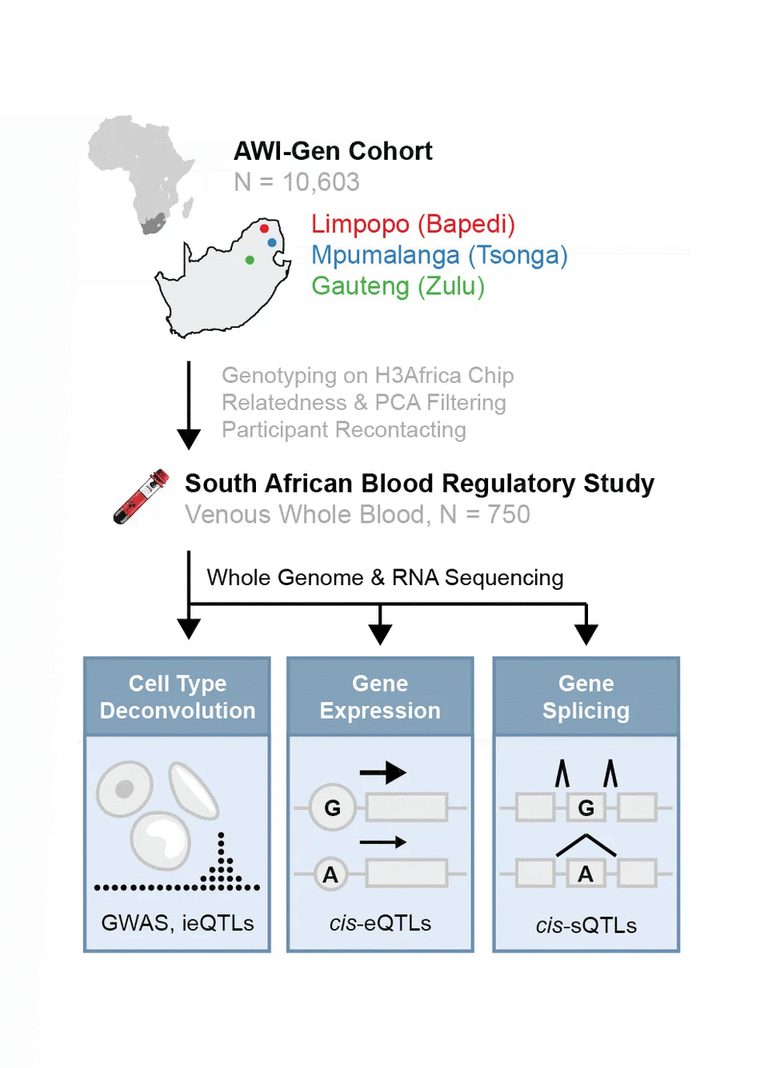
FEATURED PUBLICATION:
A map of blood regulatory variation in South Africans enables GWAS interpretation
Published in Nature Genetics - June 2025
Functional genomics resources are critical for interpreting human genetic studies, however they are predominantly from European-ancestry individuals. Here we present the Southern African Blood Regulatory (SABR) resource, a map of blood regulatory variation that includes three South Eastern Bantu-speaking groups. Using paired whole genome and blood transcriptome data from over 600 individuals, we map the genetic architecture of blood cell traits derived from deconvolution analysis, as well as expression, splice, and cell type interaction quantitative trait loci. We demonstrate the utility of this resource for interpreting African association studies by identifying putatively causal genes and molecular mechanisms through colocalization analysis. Importantly, we have made the full SABR summary statistics publicly available upon publication to support the African genomics community.
Other publications
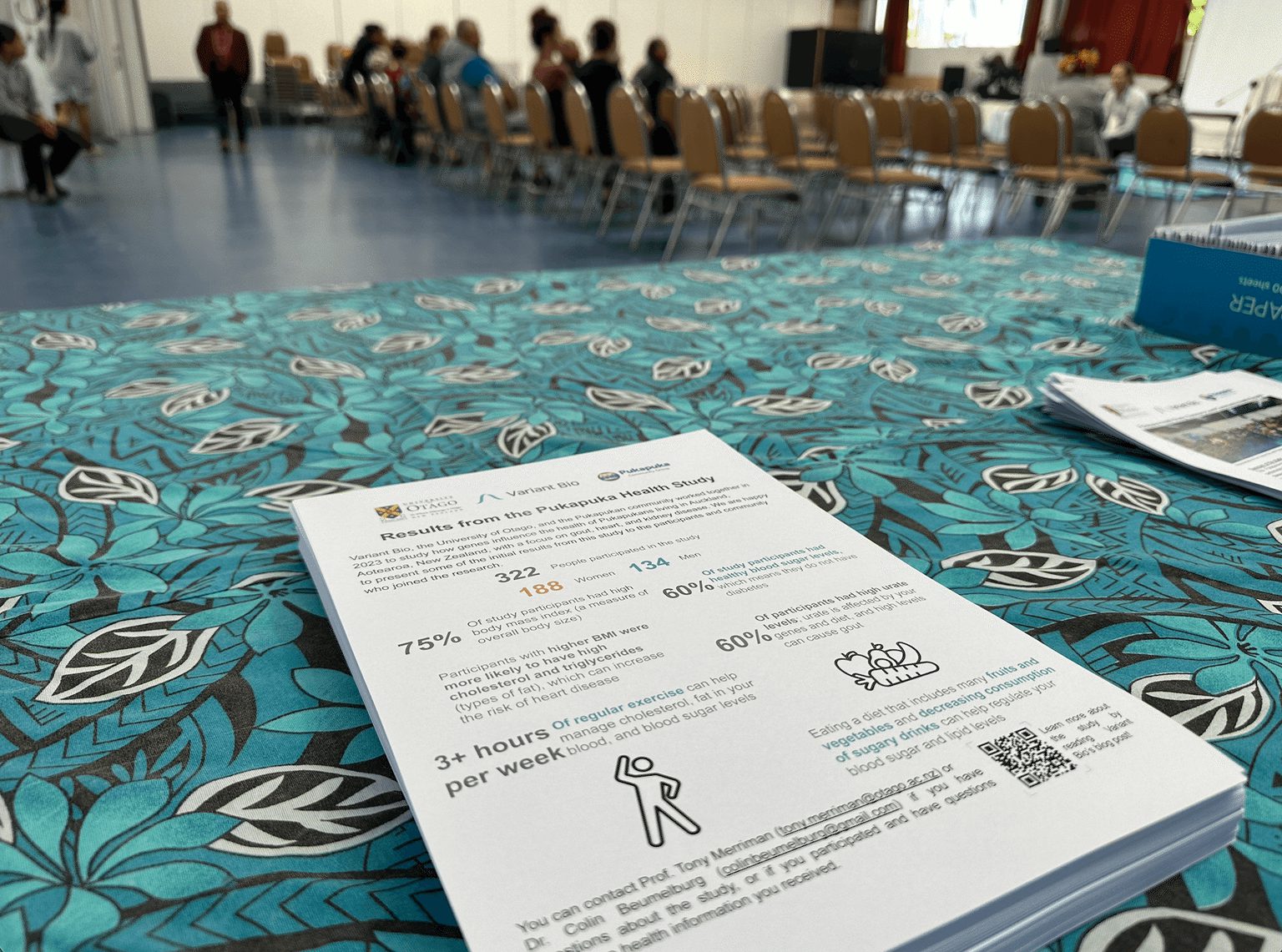
Returning research results isn't rocket science
Researchers often assume genomic results are too complex for lay communities, but heredity concepts are widely understood. Effective return of results depends on cultural context, clear communication, and collaboration with communities. Tailored, respectful approaches foster trust and ensure research benefits are meaningful, accessible, and empowering.
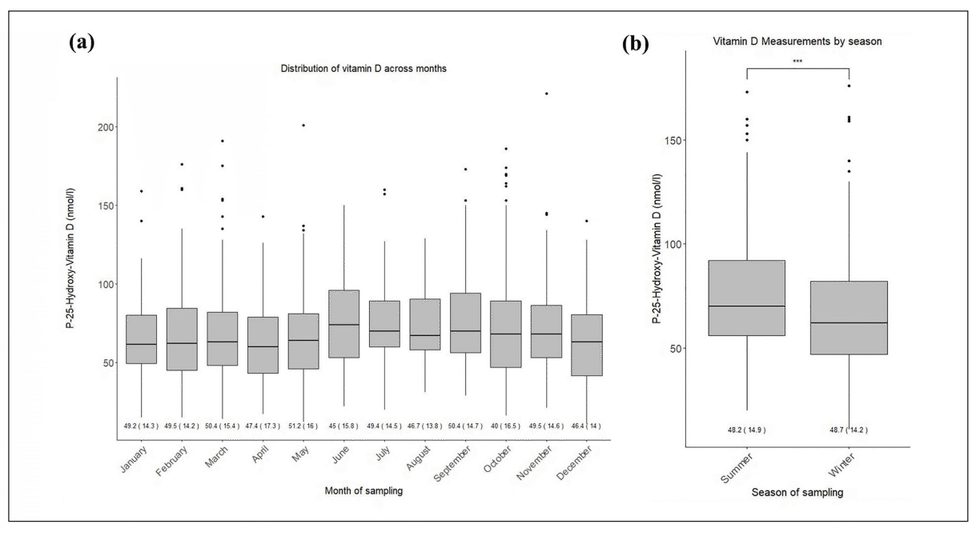
Vitamin D status in the Faroe Islands: insights from the FarGen 2 cohort
The aim of this study was to investigate overall vitamin D status in the Faroese population and assess the correlation between vitamin D levels and various sociodemographic and anthropometric factors, including sex, age, exercise, alcohol and tobacco consumption, BMI, body fat percentage, and seasonal variations. To the best of our knowledge, this is the first study of vitamin D levels across all adult age groups within the Faroese population. Although the study suggests previous interventions have had a positive impact on vitamin D levels among the elderly, our findings emphasize the importance of enhancing awareness about vitamin D supplementation, promoting physical activity, and encouraging consumption of vitamin D-rich foods. Such approaches could significantly advance public health initiatives related to vitamin D and general health within the Faroese population.
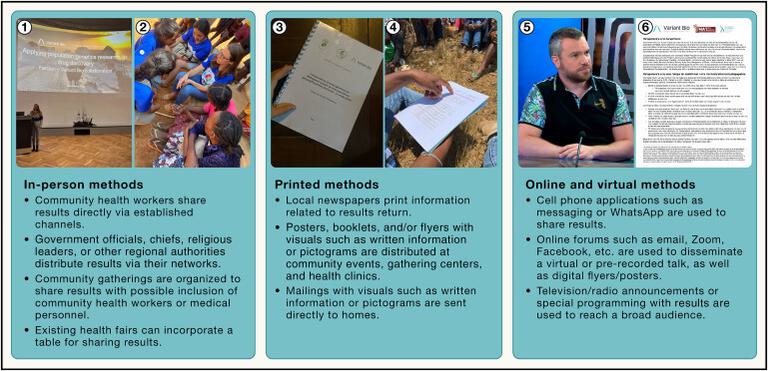
Nothing about us without us: Sharing results with communities that provide genomic data
Sharing genetic and other study results with the communities who participate in research falls under benefit-sharing and capacity-building initiatives that underpin a more equitable biomedical research relationship. Yet, which results to return and how remain fundamental challenges that persist in the absence of practical guidance and institutional policies. Here, we discuss how the return of results can be implemented across different geographies, study designs, and project budgets.
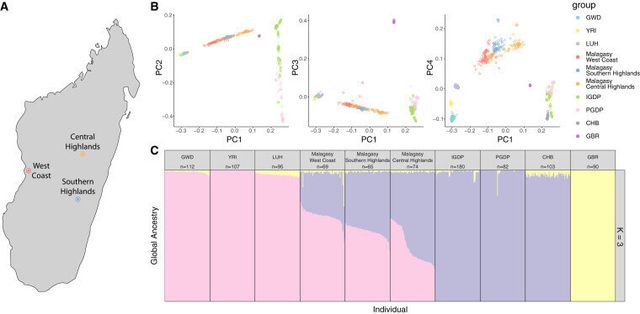
Mid-pass whole-genome sequencing in a Malagasy cohort uncovers body composition associations
The majority of human genomic research studies have been conducted in European-ancestry cohorts, reducing the likelihood of detecting potentially novel and globally impactful findings. Here, we present mid-pass whole-genome sequencing data and a genome-wide association study in a cohort of 264 self-reported Malagasy individuals from three locations on the island of Madagascar. We describe genetic variation in this Malagasy cohort, providing insight into the shared and unique patterns of genetic variation across the island. We observe phenotypic variation by location and find high rates of hypertension, particularly in the Southern Highlands sampling site, as well as elevated self-reported malaria prevalence in the West Coast site relative to other sites. After filtering to a subset of 214 minimally related individuals, we find a number of genetic associations with body composition traits, including many variants that are only observed in African populations or populations with admixed African ancestry from the 1000 Genomes Project. This study highlights the importance of including diverse populations in genomic research for the potential to gain novel insights, even with small cohort sizes. This project was conducted in partnership and consultation with local stakeholders in Madagascar and serves as an example of genomic research that prioritizes community engagement and potentially impacts our understanding of human health and disease.
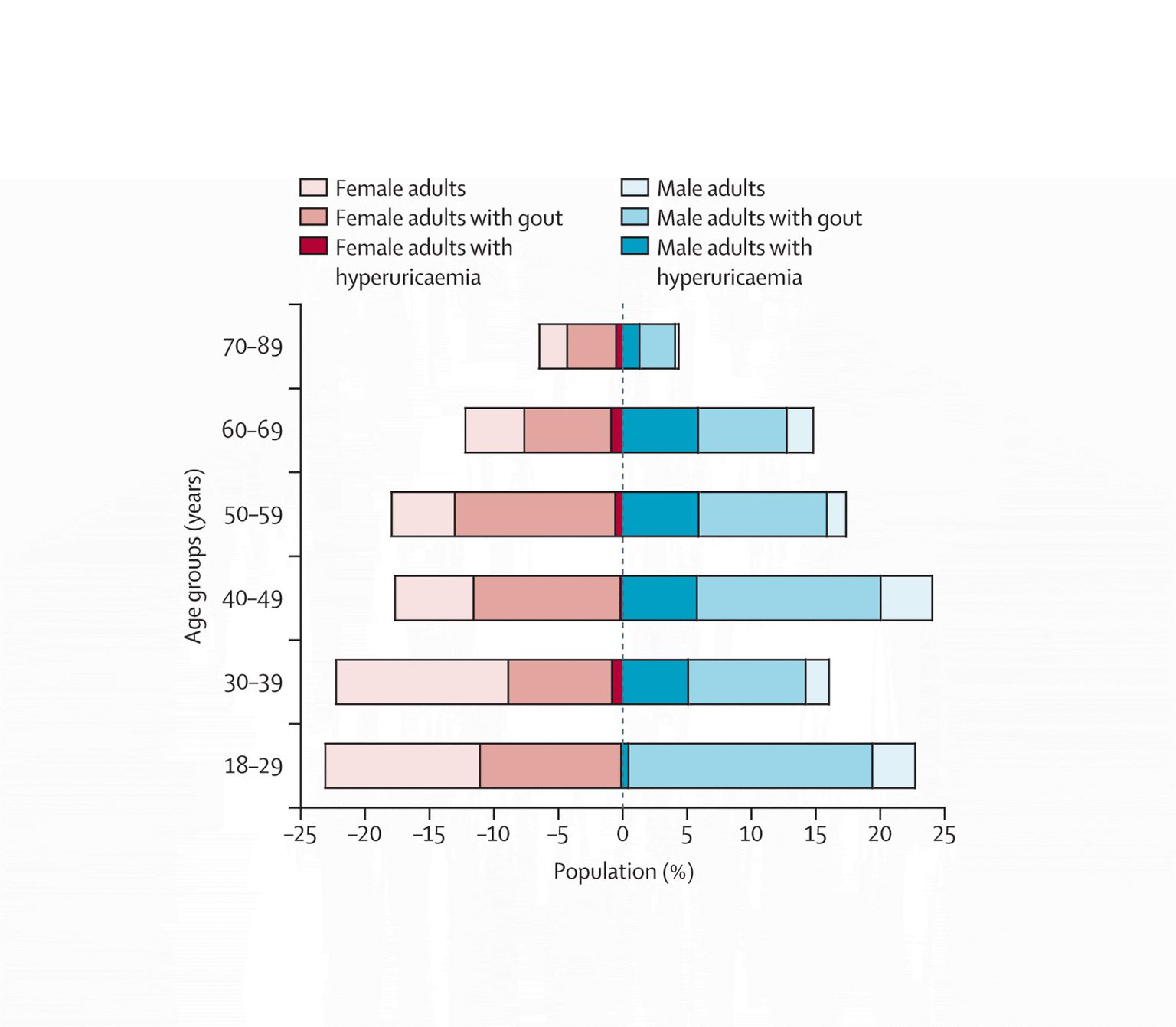
The gout epidemic in French Polynesia: a modelling study of data from the Ma’i u’u epidemiological survey
Gout is the most common cause of inflammatory arthritis worldwide, particularly in Pacific regions. This study, which is the result of a collaboration between Variant Bio, the French Polynesian Health Administration, and Lille Catholic University Hospitals, aimed to establish the prevalence of gout and hyperuricaemia in French Polynesia, their associations with dietary habits, their comorbidities, the prevalence of the HLA-B*58:01 allele, and current management of the disease.
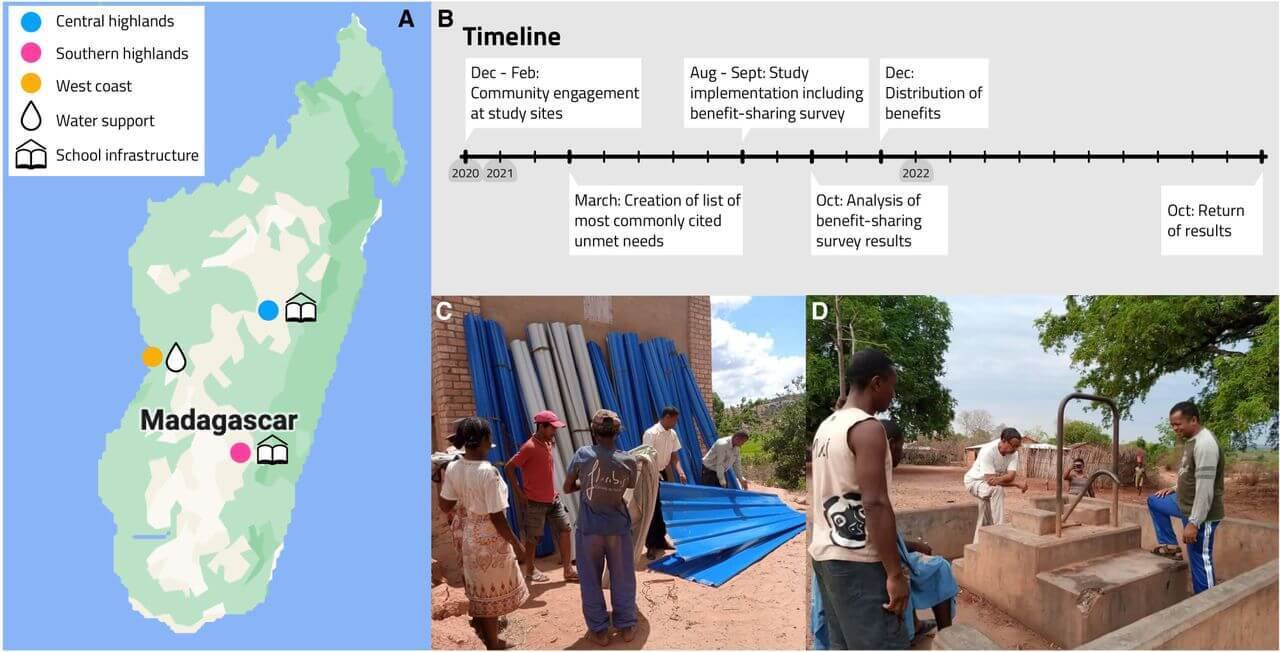
Why community consultation matters in genomic research benefit-sharing models
Despite increasing calls for benefit sharing to promote greater equity in human genomic research, established precedents across the private and public spheres are lacking. Moreover, the few existing models for benefit sharing with communities that participate in genomic research are largely limited to intangible or non-financial benefits, or to top-down initiatives that generally do not draw on direct input from participating populations. Here, we present a model of financial benefit sharing in which the priorities and needs of participating communities are identified and used to steer funding decisions. By discussing the implementation of this collective-interest model in the context of a genomic research collaboration between Variant Bio and the University of Antananarivo in Madagascar, we offer a practical example for how to institute community-driven distribution of financial benefits. Despite the challenges involved in this process, we believe that consulting communities around financial benefits affords a vehicle to both increase equity in genomic research and support locally determined needs.
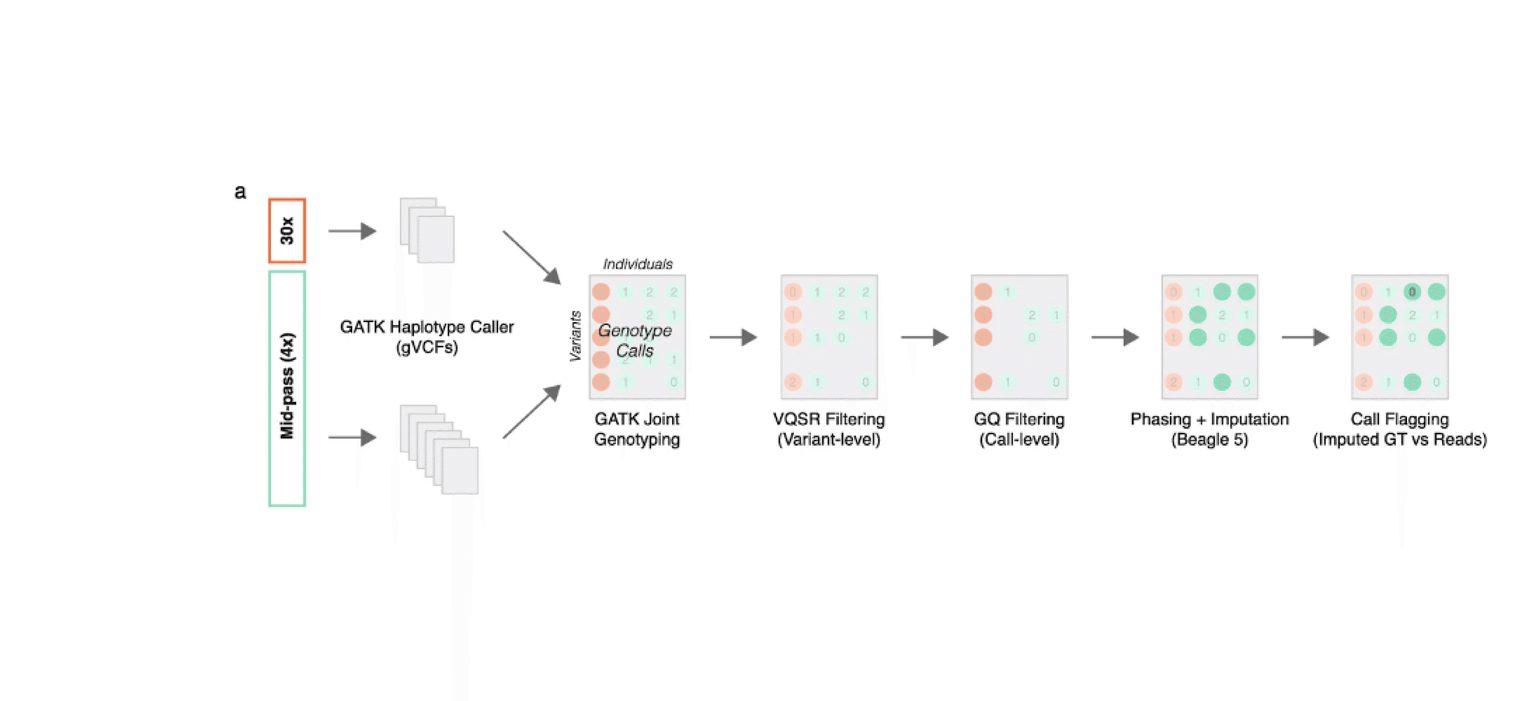
Mid-pass whole genome sequencing enables biomedical genetic studies of diverse populations
This paper details how researchers from Variant Bio and the University of Otago together developed a cost-saving approach to generating high-quality genetic data for underrepresented populations. Since people of non-European ancestry, including those of Māori and Pacific ancestry, are generally underrepresented in existing genetic datasets, researchers working with data from these communities cannot not rely on external genetic reference datasets. Instead, Variant Bio and Dr. Tony Merriman worked with individual DNA samples from Māori and Pacific people who consented to participate in the study, using mid-pass whole genome sequencing with imputation to identify genetic variation unique to these particular populations.